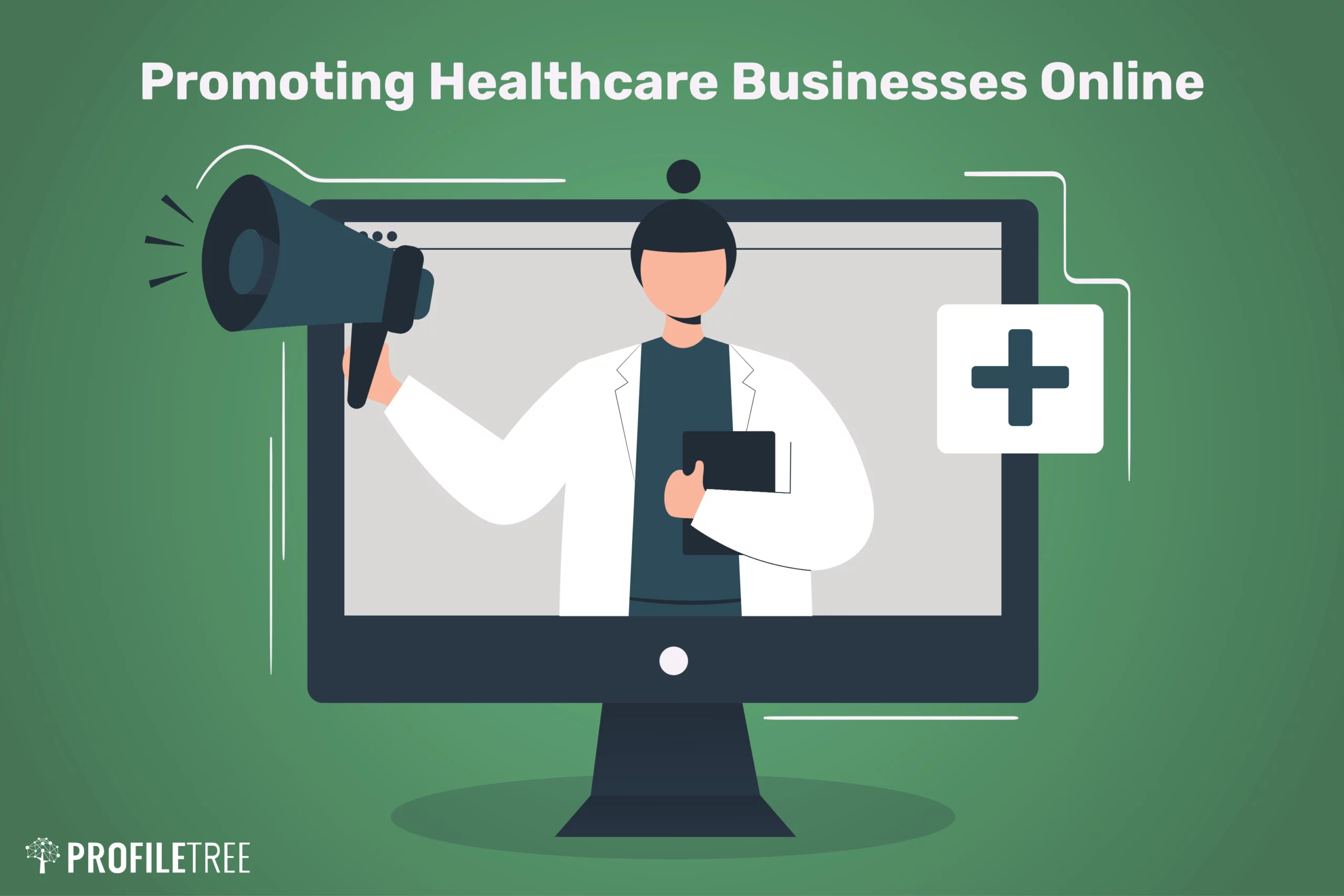Why Subscription Based Healthcare is Getting Popularity Among Patients Today
Why Subscription Based Healthcare is Getting Popularity Among Patients Today
Blog Article
The Increase of Subscription-Based Healthcare and Its Effect On Person Care
As healthcare develops, the subscription-based version is obtaining grip, guaranteeing to change patient treatment by using predictability and accessibility. The potential for these designs to reshape health care distribution raises pressing concerns regarding their lasting sustainability and inclusivity. Are these membership solutions the future of healthcare, or do they risk leaving susceptible populaces behind?
Comprehending Membership Health Care Models
Comprehending the principle of membership healthcare versions includes checking out a transformative method to clinical solutions that highlights cost and availability. These versions, usually referred to as direct medical care (DPC) or concierge medication, have actually emerged as ingenious options to conventional fee-for-service health care systems. Registration medical care enables clients to pay a fixed month-to-month or annual fee for a defined set of medical services, which may include unrestricted office check outs, routine check-ups, and fundamental laboratory tests, without the requirement for typical insurance billing.
The structure of membership healthcare designs is created to streamline client treatment by removing third-party payers and intricate billing codes, thus minimizing administrative concerns. Doctor can focus more on patient care, fostering more powerful patient-provider relationships. This model additionally advertises preventative treatment by urging regular gos to, as the financial obstacle of per-visit costs is gotten rid of.
The subscription design usually encourages health care suppliers to handle smaller patient panels, allowing for even more tailored care. It aligns economic motivations with person wellness results, as carriers are encouraged to keep client contentment and health. Generally, comprehending registration healthcare models calls for acknowledging their possible to improve how care is supplied and accessed.
Advantages for Suppliers and patients

For service providers, subscription-based versions supply the possibility to grow patient-provider relationships. With a steady income stream, health care specialists can commit even more time to every individual, bring about a more complete and individualized care experience. This model also decreases dependence above patient volumes, minimizing burnout and boosting job satisfaction. The focus on precautionary care within subscription strategies can lead to far better individual results and minimized long-lasting healthcare expenses. By focusing on continuous treatment, companies can attend to issues prior to they rise, inevitably benefiting the healthcare system in its entirety by reducing the problem on emergency and intense care solutions.
Difficulties and Concerns
While subscription-based healthcare models present numerous benefits, they also feature a set of difficulties and concerns that must be attended to. Accessibility stays a considerable problem, as these models usually target people that can manage monthly costs, possibly omitting low-income populaces. This elevates honest inquiries regarding equitable accessibility to medical care solutions. Furthermore, the diverse nature of registration strategies can result in complication among individuals concerning protection specifics, possibly resulting in unmet expectations or inadequate treatment.
Financial sustainability of subscription-based models is another concern. Companies should balance the set income from registrations with the variable prices of medical care services, which may rise and fall because of unanticipated clinical needs. This can produce stress to limit solutions or increase charges, possibly affecting person satisfaction and care quality.
In addition, regulative oversight of subscription-based healthcare models is still advancing. The lack of standardized structures can lead to inconsistent solution high quality and accountability, complicating efforts to make certain patient protection. The integration of technology-- commonly a foundation of these designs-- raises questions regarding data privacy and safety and security, as delicate person info could be susceptible to breaches. Addressing these obstacles is critical for the equitable and successful execution of subscription-based medical care.
Influence on Patient-Doctor Relationships
One significant influence of subscription-based health care designs click here for info on patient-doctor relationships is the potential for improved continuity and personalized care. By adopting a subscription design, doctors can click site take care of a smaller person panel, permitting more dedicated time with each person. This increased schedule fosters a much deeper understanding of an individual's medical background, lifestyle, and choices, allowing more tailored treatment plans and interventions.

Nonetheless, it is crucial to acknowledge that while subscription-based designs might profit those who can manage them, they could accidentally broaden medical care variations. Individuals who are not able to participate in these versions may experience lower access to individualized treatment, possibly impacting their connections with health care companies. Therefore, while the registration model provides encouraging benefits for patient-doctor partnerships, it likewise poses obstacles that need to be dealt with to ensure equitable health care access.
Future of Medical Care Access

The duty of technology can not be forgotten in this makeover. Telemedicine systems and digital health and wellness records assist in smooth communication between patients and health care suppliers, breaking down geographical and logistical obstacles. In addition, developments in expert system and information analytics can further individualize healthcare by anticipating individual demands and enhancing therapy plans.
Nonetheless, the future of medical care gain access to also presents difficulties, such as guaranteeing equity across various socio-economic groups. Policymakers and healthcare providers must work together to link the electronic divide, making sure that subscription-based models remain comprehensive and affordable. As over at this website these systems grow, they hold the promise of making healthcare a lot more easily accessible, reliable, and patient-centric.
Final Thought
Subscription-based medical care designs are reshaping person treatment by supplying a stable cost framework and enhancing availability. These versions enhance patient-provider relationships via customized care and normal brows through, stressing preventative health. In spite of these benefits, obstacles such as availability concerns for low-income populaces and the demand for equitable healthcare options linger. The increase of subscription-based healthcare motivates aggressive individual interaction, which has the prospective to improve individual results and fulfillment, indicating a transformative shift in medical care shipment.
As medical care evolves, the subscription-based version is acquiring traction, promising to transform patient treatment by offering predictability and accessibility.Subscription-based medical care designs use distinctive benefits for both individuals and companies, boosting the total medical care experience.As health care systems develop, the future of healthcare access often pivots on the integration of cutting-edge models and technologies.Subscription-based healthcare versions are improving person treatment by providing a steady expense framework and boosting access. The increase of subscription-based health care urges proactive patient involvement, which has the prospective to boost individual end results and complete satisfaction, signaling a transformative change in healthcare delivery.
Report this page